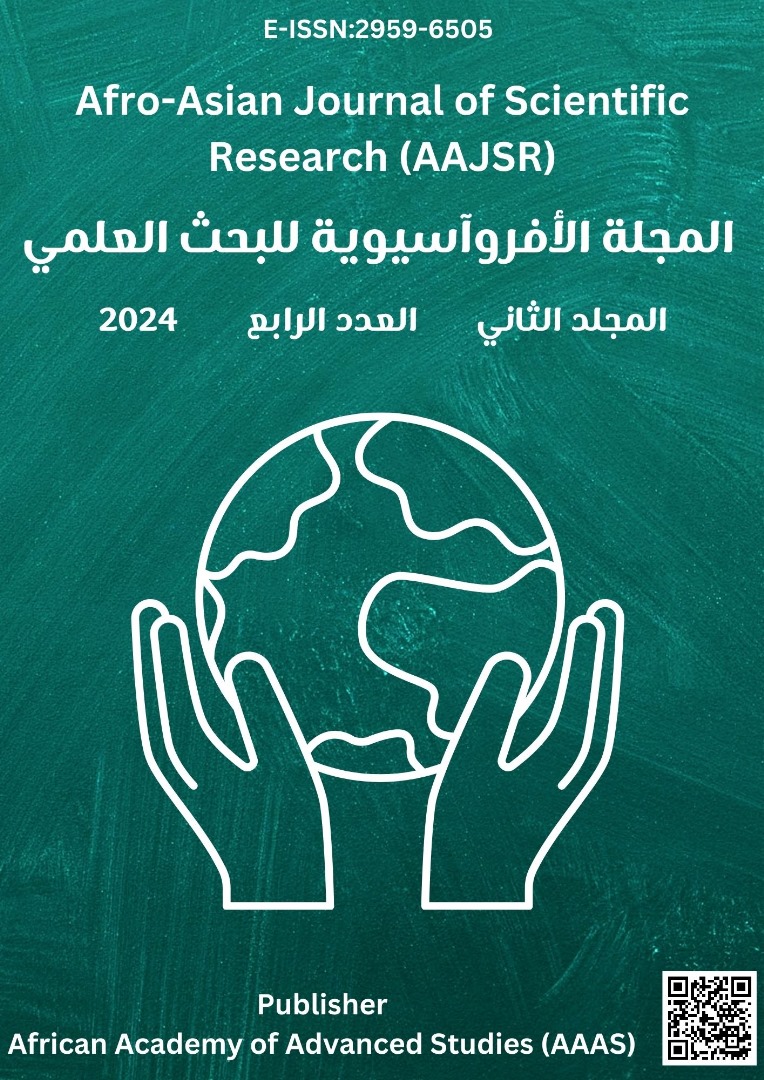Evaluation Some Trace Elements and Heavy Metals in Breast Milk and Artificial Milk
الكلمات المفتاحية:
Breast milk، Artificial infant milk، Nutritional element، Minerals، Heavy metalsالملخص
The study had two principal objectives: firstly, to survey the nutritional awareness of mothers with regard to the proper nutrition of their children; and secondly, to evaluate the content of mothers' milk and powdered industrial milk in terms of its content of the element's sodium, potassium, calcium and magnesium. In addition, the study sought to estimate the proportions of some heavy metals, specifically iron, lead and cadmium. The results of the survey indicate that 71.4% of mothers use formula milk for their babies during the first three months of childbearing. Furthermore, 42.9% of women do not adhere to the correct method of preparing formula milk. It is notable that the majority of mothers do not care about maintaining a balanced diet during the breastfeeding period. Additionally, a significant difference was observed. The content of the elements in both types of milk shows that formula milk contains almost double the amount of sodium, calcium and magnesium. However, this increase is not beneficial as it can lead to incomplete kidney function in children. This results in the kidneys being unable to excrete all the sodium, which can cause an increase in sodium levels in the blood and watery stiffness. Furthermore, the addition of vitamin D by some companies may result in an increased absorption of calcium, which could potentially lead to the formation of cysts in the kidneys or bladder. The presence of certain heavy metals, such as lead, in quantities exceeding the limits set by the World Health Organization (WHO) in mothers' milk provides a significant indication of the extent of food safety concerns in our local environment.







